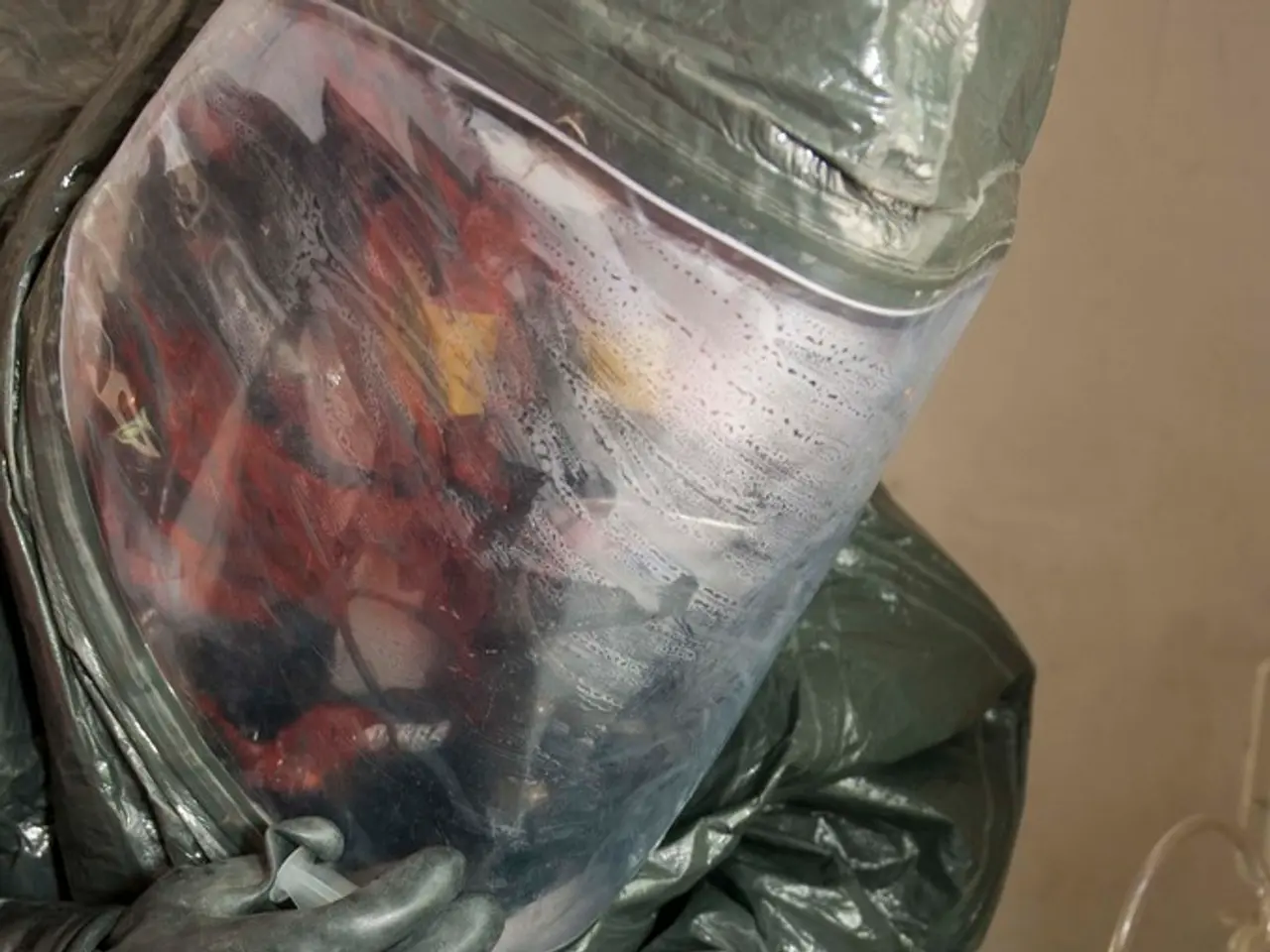China implements retaliatory sanctions on EU medical supplies
In a significant development, the European Union (EU) has implemented trade restrictions on Chinese medical device manufacturers, marking a new chapter in the ongoing EU-China trade disputes. This move, made on June 20, 2025, saw the exclusion of Chinese providers from public procurement contracts exceeding €5 million and the limitation of Chinese-origin components to no more than 50%, under the International Procurement Instrument (IPI) Regulation 2025/1197.
The EU's decision was a response to China's historically discriminatory "Buy China" policy, which has disadvantaged EU firms, particularly in public tenders where foreign suppliers faced discrimination 87% of the time between 2017 and 2024. The EU's action aims to enforce reciprocity and address the trade imbalance, as the EU ran a significant surplus with China in medical devices, shifting from a deficit in 2019 to a €5.2 billion surplus in 2020.
China, in turn, has responded with counter-sanctions, imposing restrictions on medical products imported from the EU. These counter-sanctions affect only products imported from the EU, and products from EU companies produced in China are not affected. The state news agency Xinhua reported the counter-sanctions, which were intended to protect the "legitimate rights and interests of Chinese companies" and ensure fair competition.
Beijing has accused the EU of hypocrisy in response to the EU's actions, stating that the EU acted unilaterally despite offers of dialogue. Despite this, negotiations for a "price undertaking" mechanism, intended to replace tariffs with price commitments by Chinese exporters, are underway but await political will from the EU side to finalize.
This dispute is part of a broader pattern of escalations between the EU and China, where both sides have imposed measures targeting politically sensitive sectors. For instance, the EU previously imposed tariffs on Chinese electric vehicles (EVs), reaching up to 45.3%, to counteract subsidies and unfair advantages held by Chinese manufacturers. China has also levied anti-dumping tariffs on certain European products such as French cognac, illustrating its readiness to retaliate in the trade dispute.
As the situation remains dynamic, upcoming summits and ongoing negotiations are anticipated to shape the near-term trajectory of their trade relations. The latest developments underscore a strategic shift towards reciprocity and increased protectionism in the EU-China trade relationship.
- Affected by the EU's trade restrictions, Chinese medical device manufacturers are urged to apply for alternative financing to continue their operations and comply with the new health-and-wellness policies.
- In the face of counter-sanctions from China, European health-and-wellness companies need to reassess their financial strategies for the export of medical products to China.
- As the trade dispute between the EU and China continues, policy-and-legislation experts are closely monitoring the ongoing negotiations for a "price undertaking" mechanism to promote fairness and reciprocity in global business.
- The EU's hardline stance toward China in medical-conditions products has regenerated debates about the general-news implications of protectionism for fostering innovation and mitigating social unrest in the context of war-and-conflicts.
- Amidst the tit-for-tat trade measures, politicians are under pressure to strike a balance between ensuring health-and-wellness subsidies, promoting domestic businesses, and upholding international policy and legislation standards with key trading partners.




